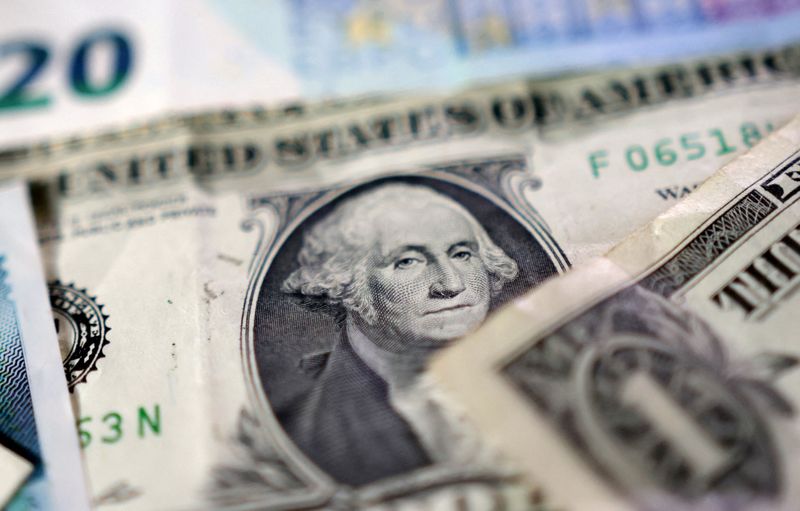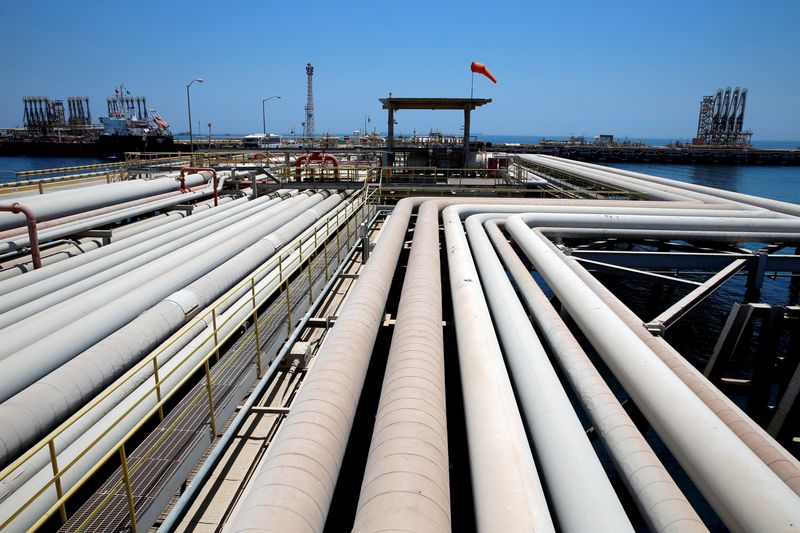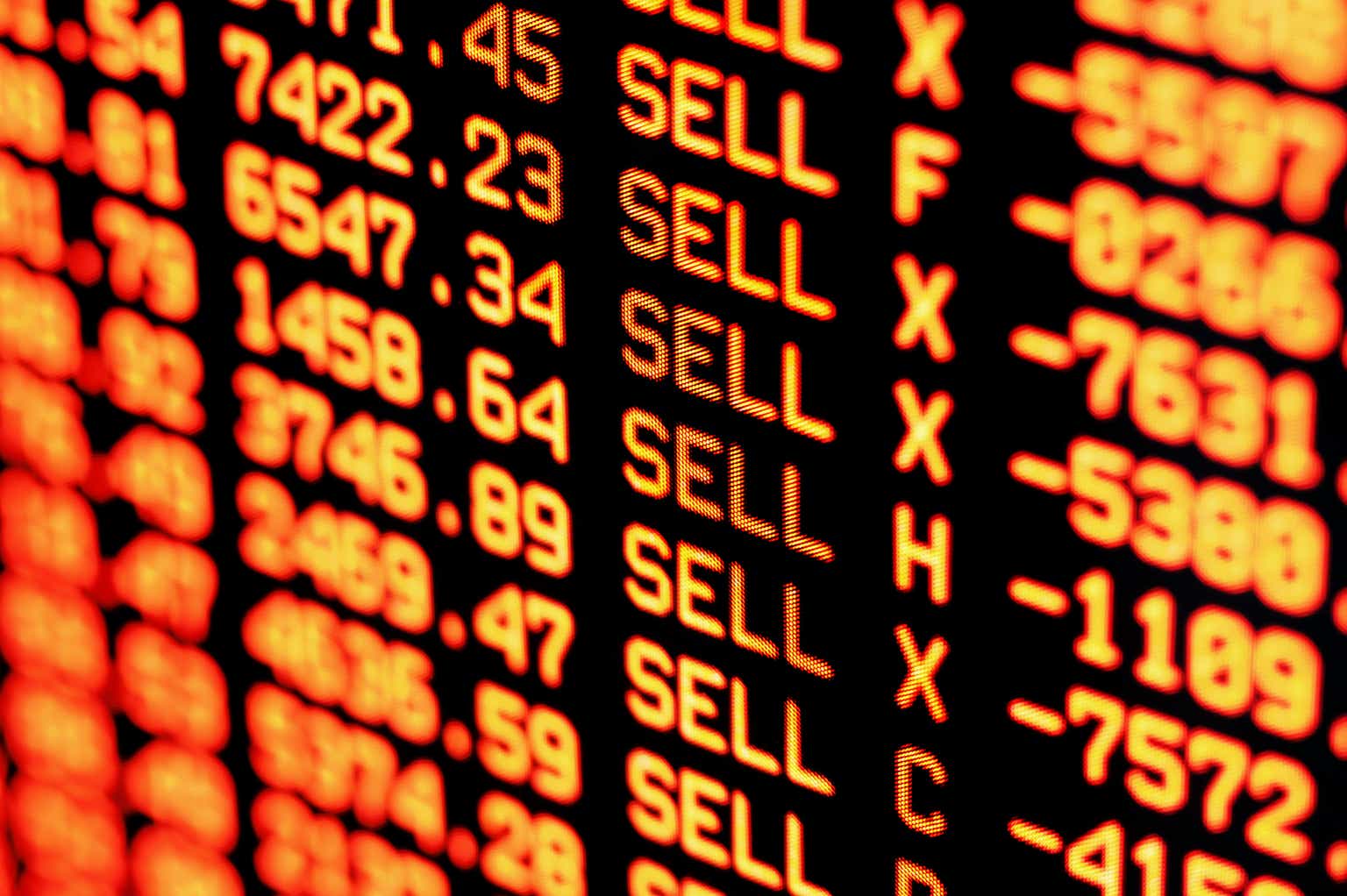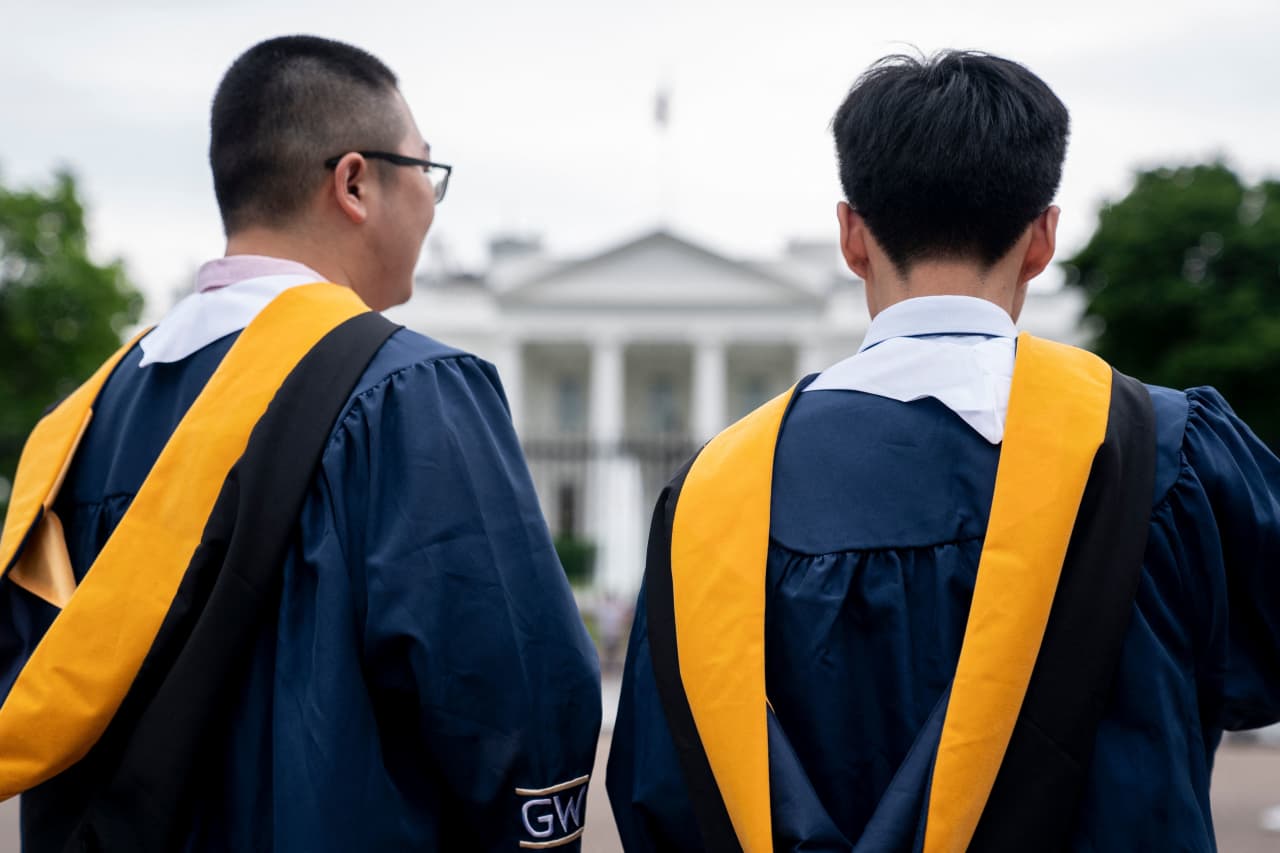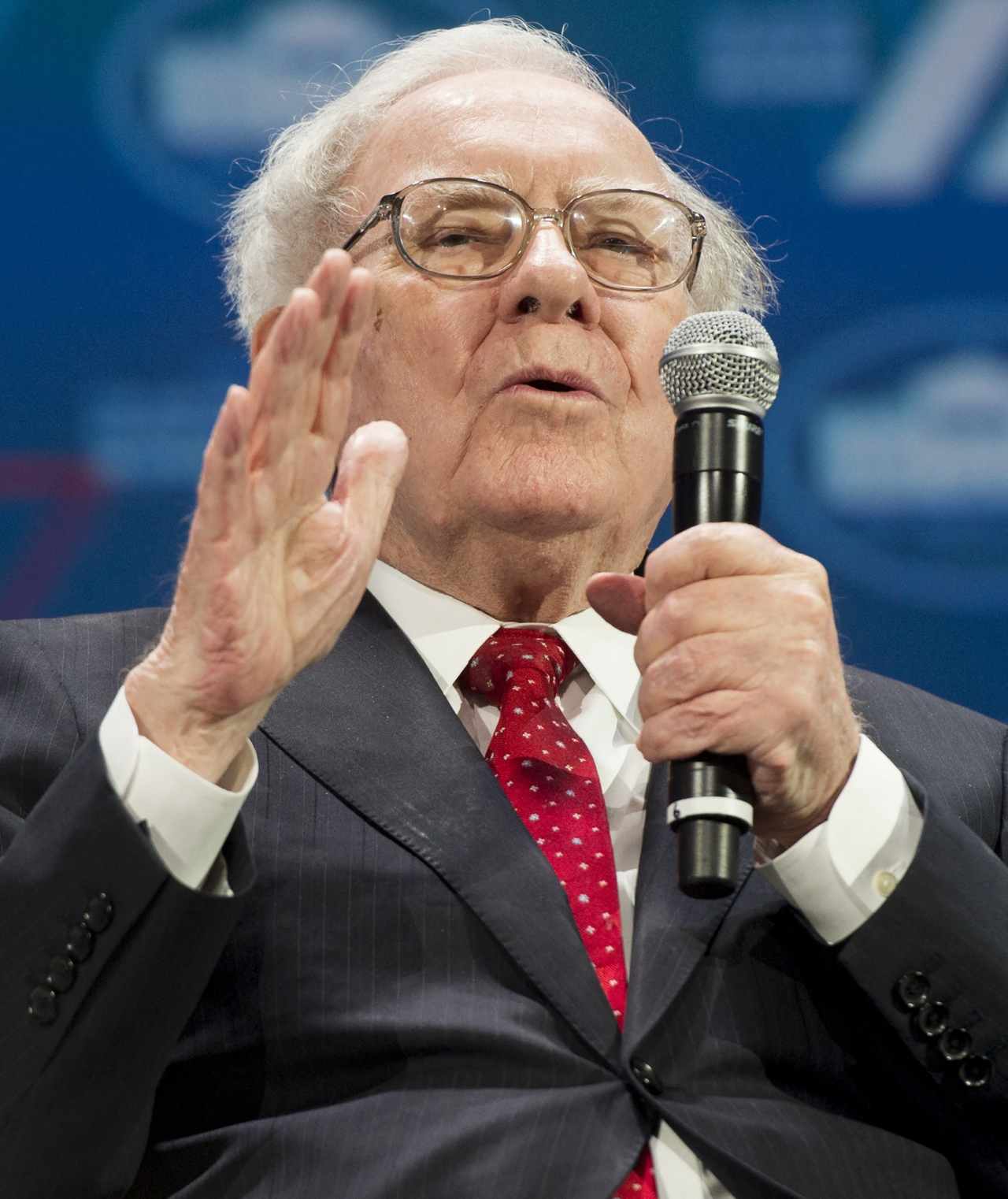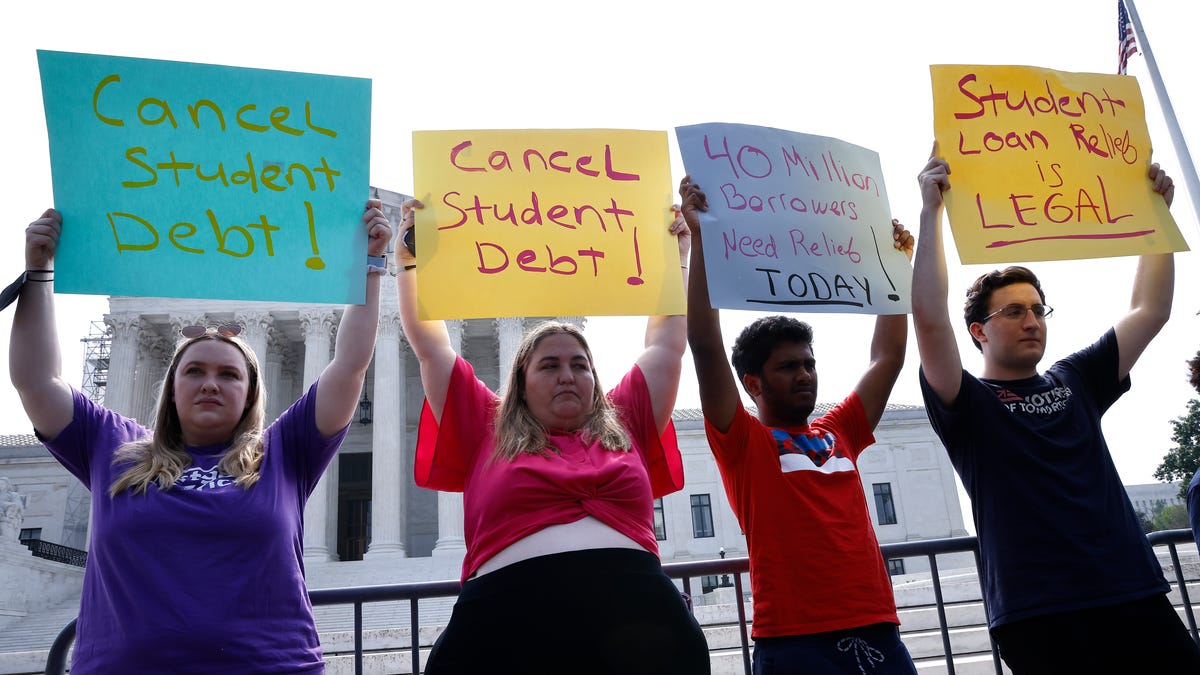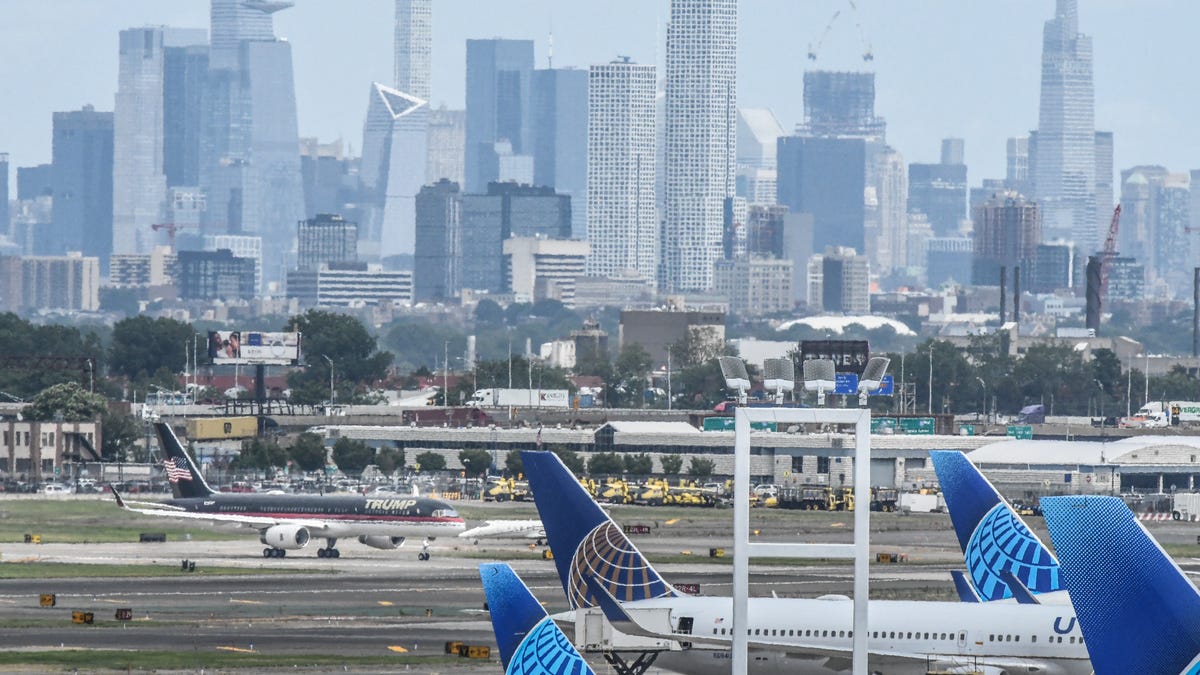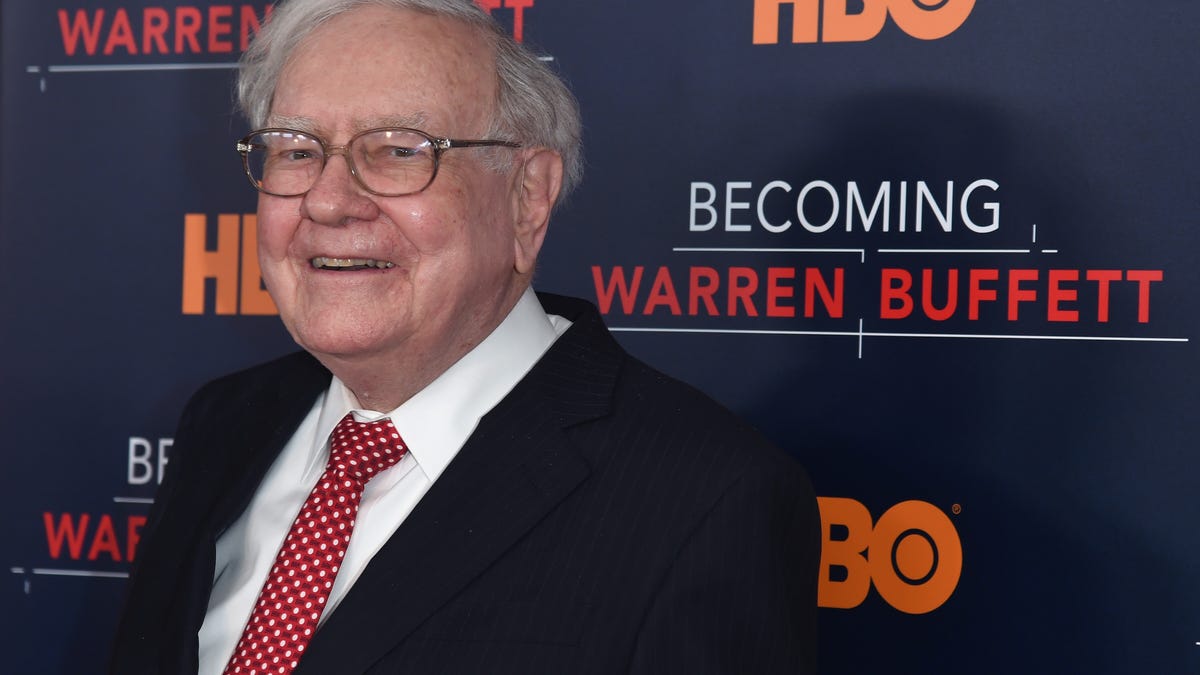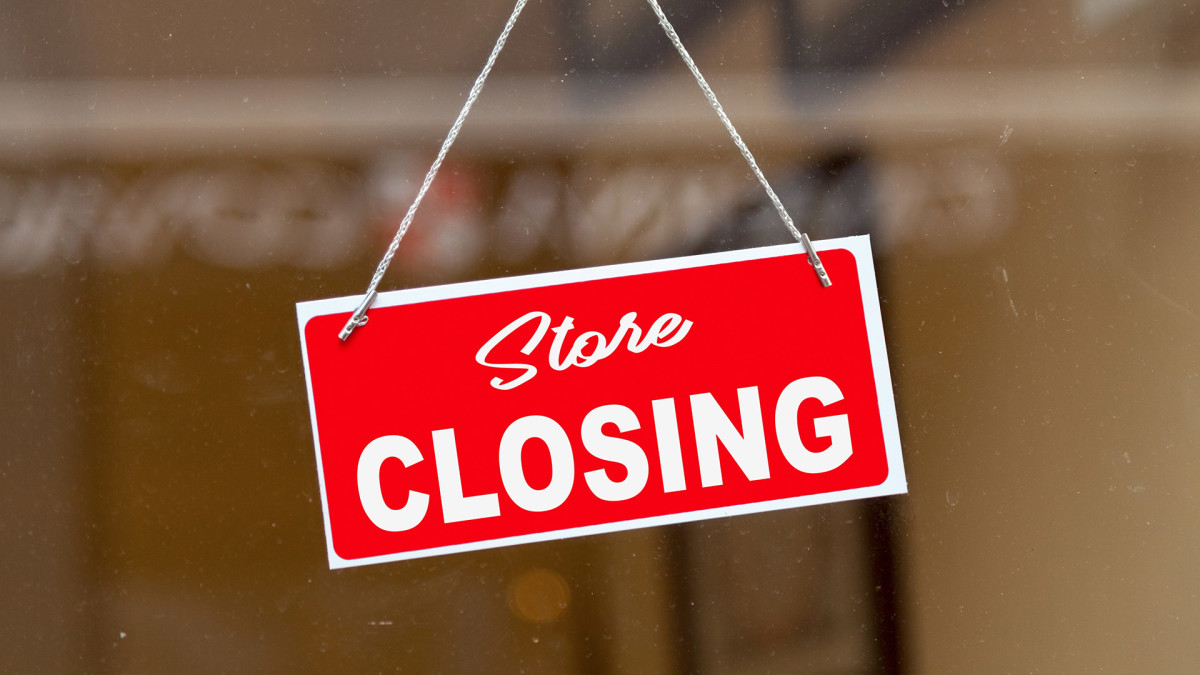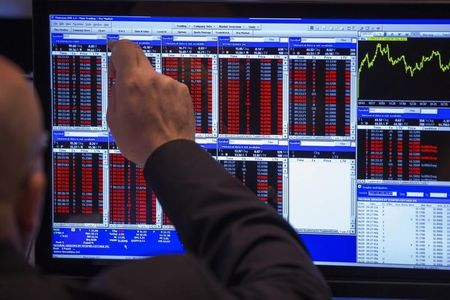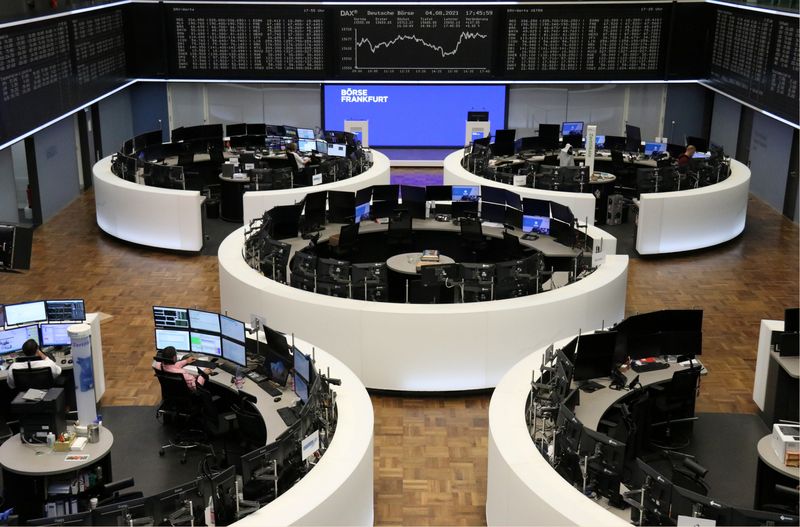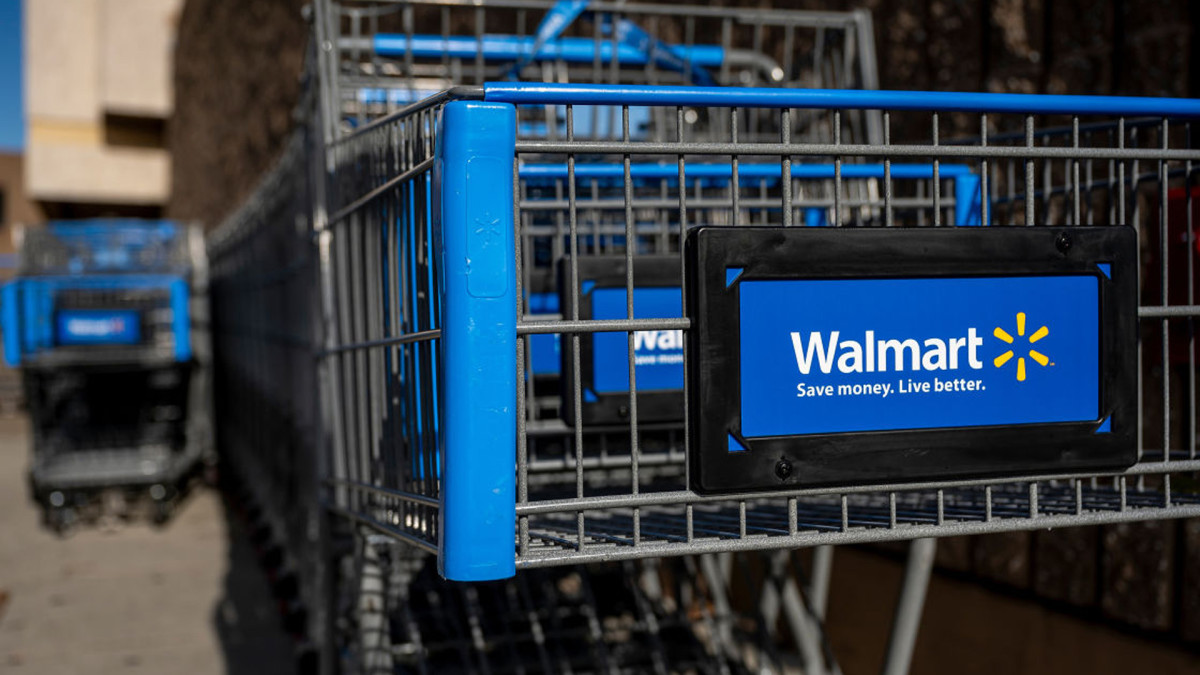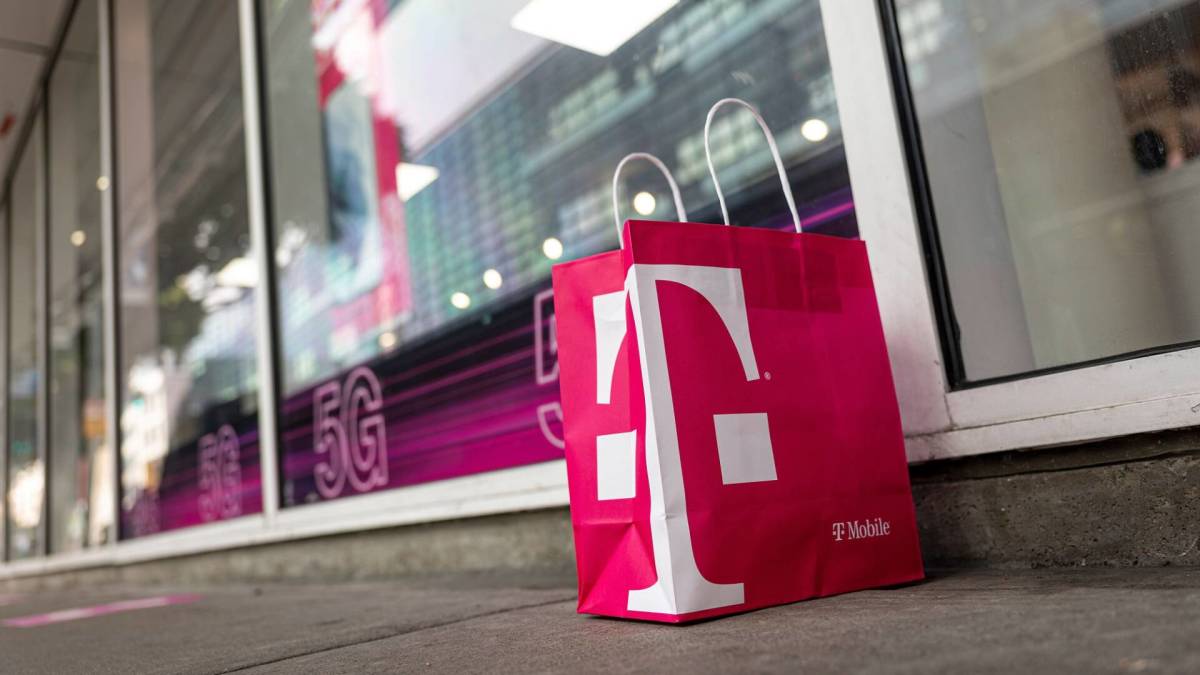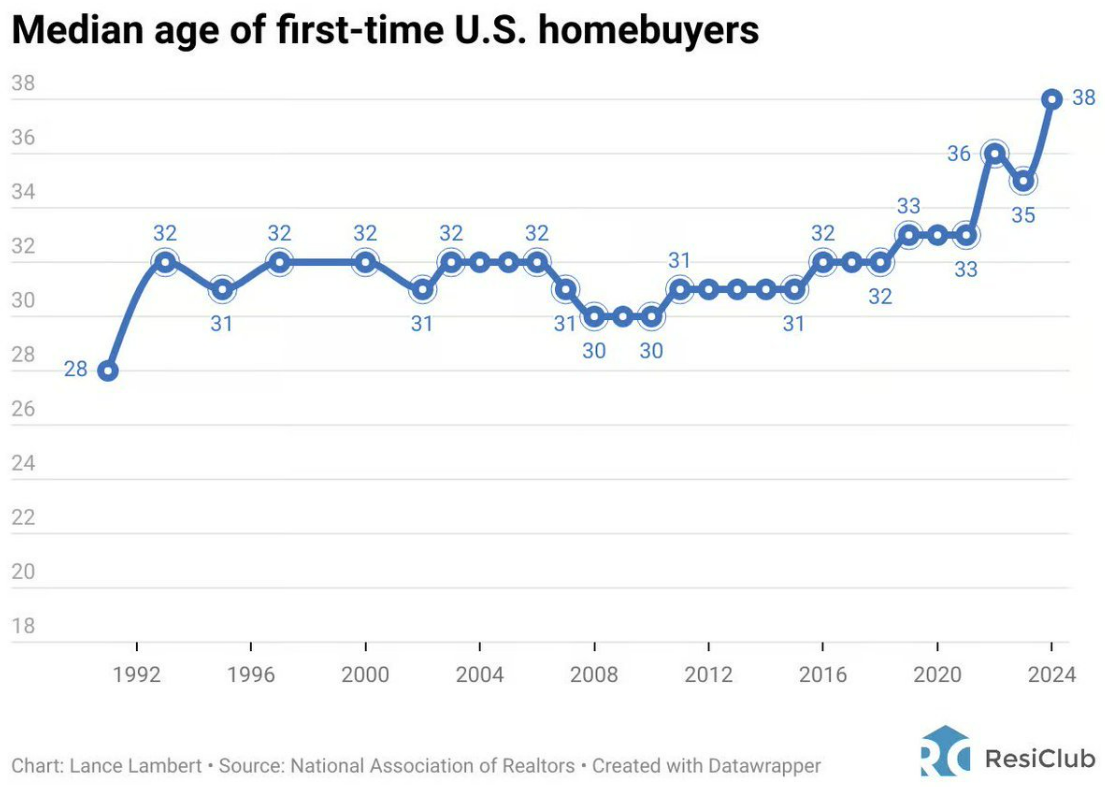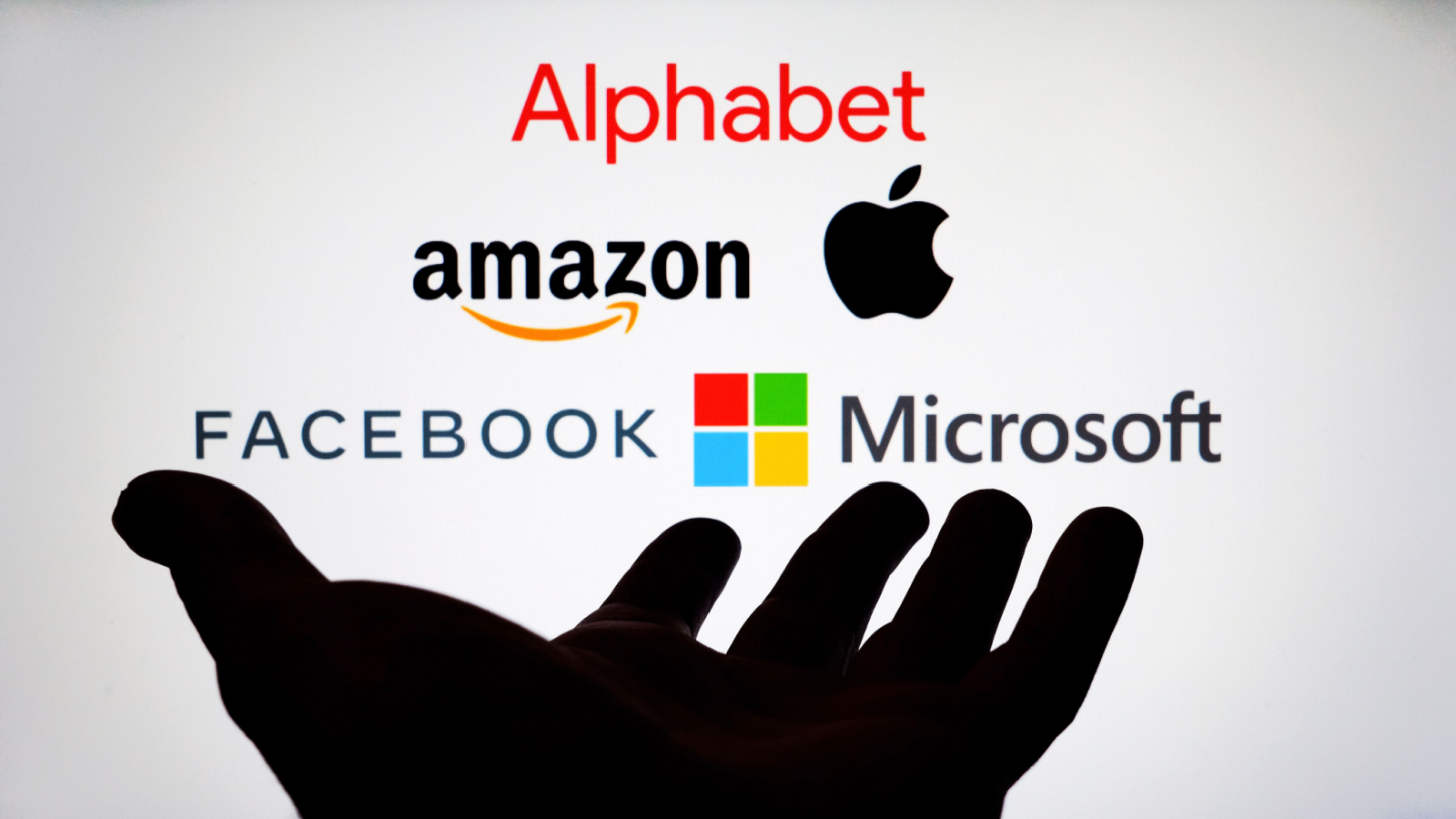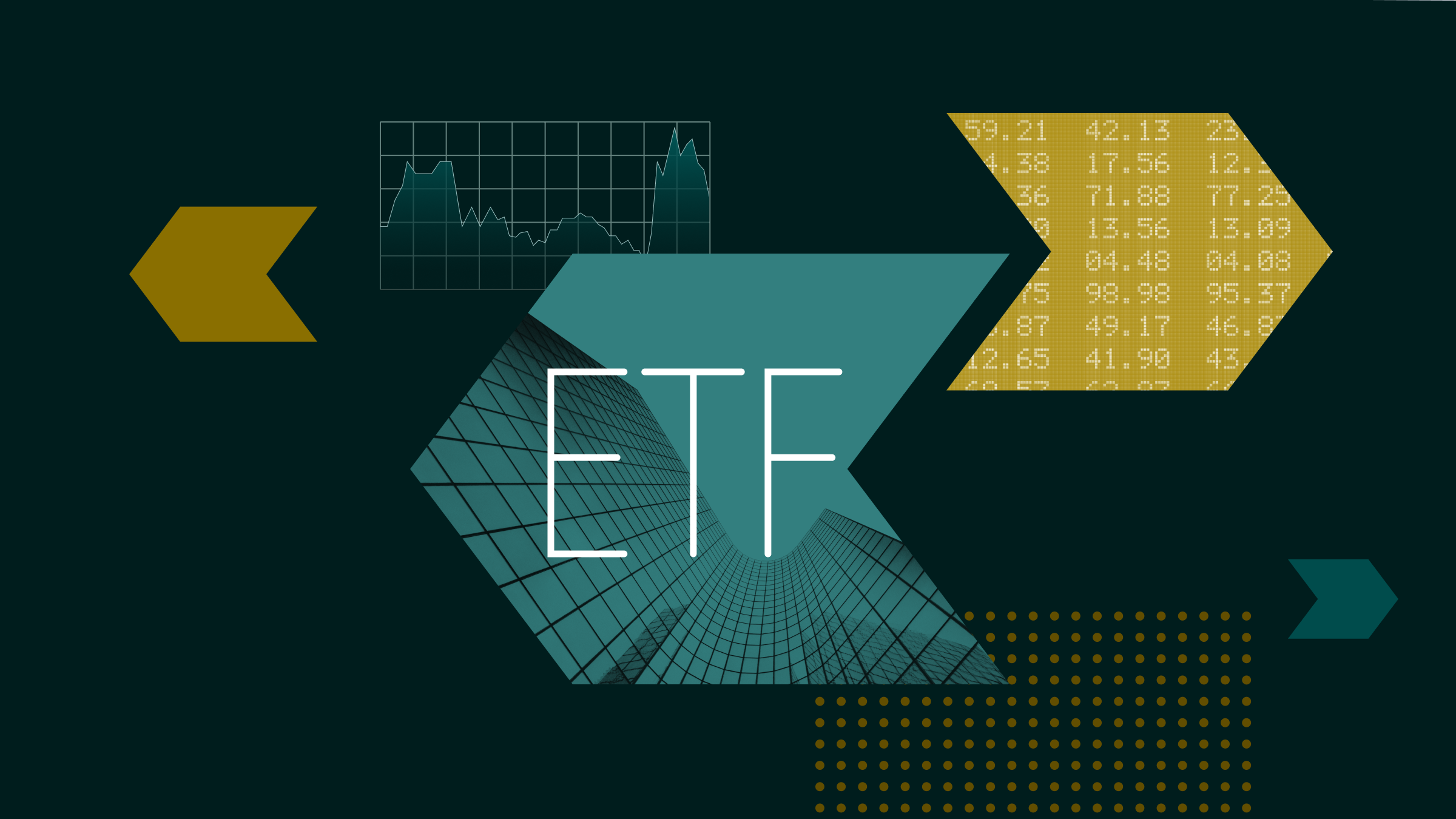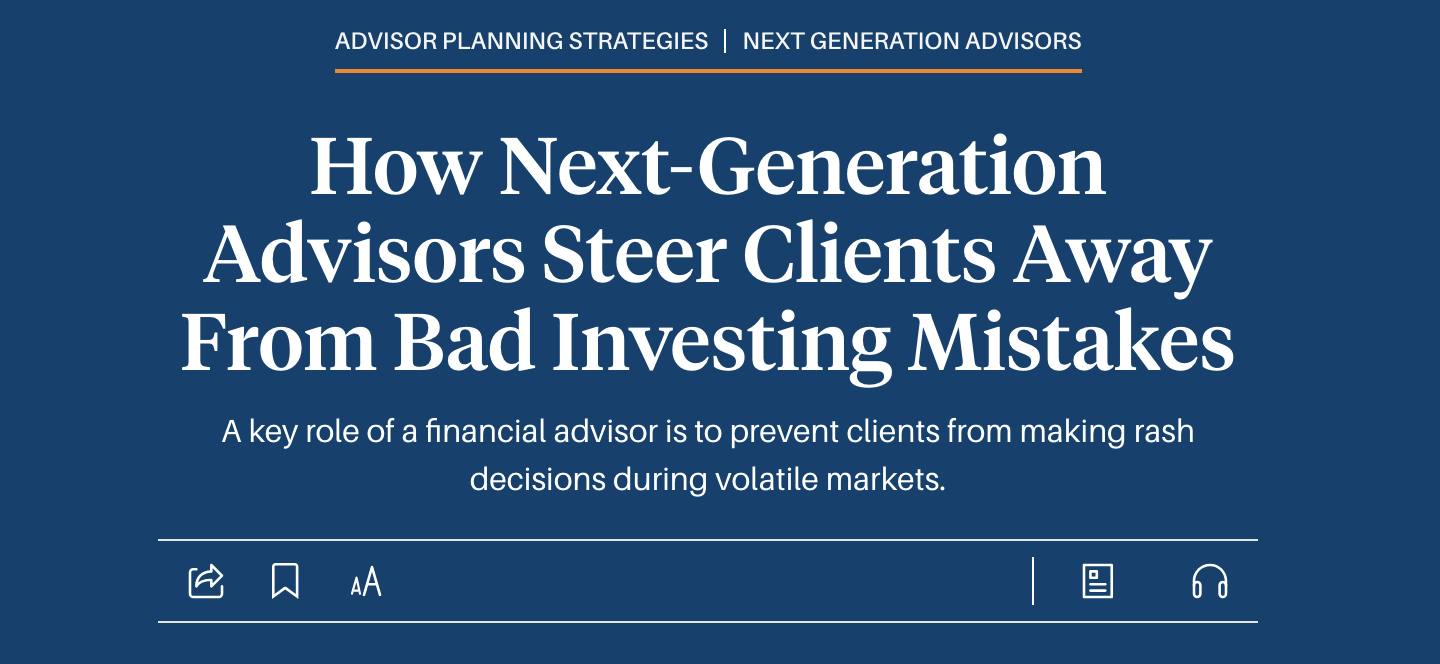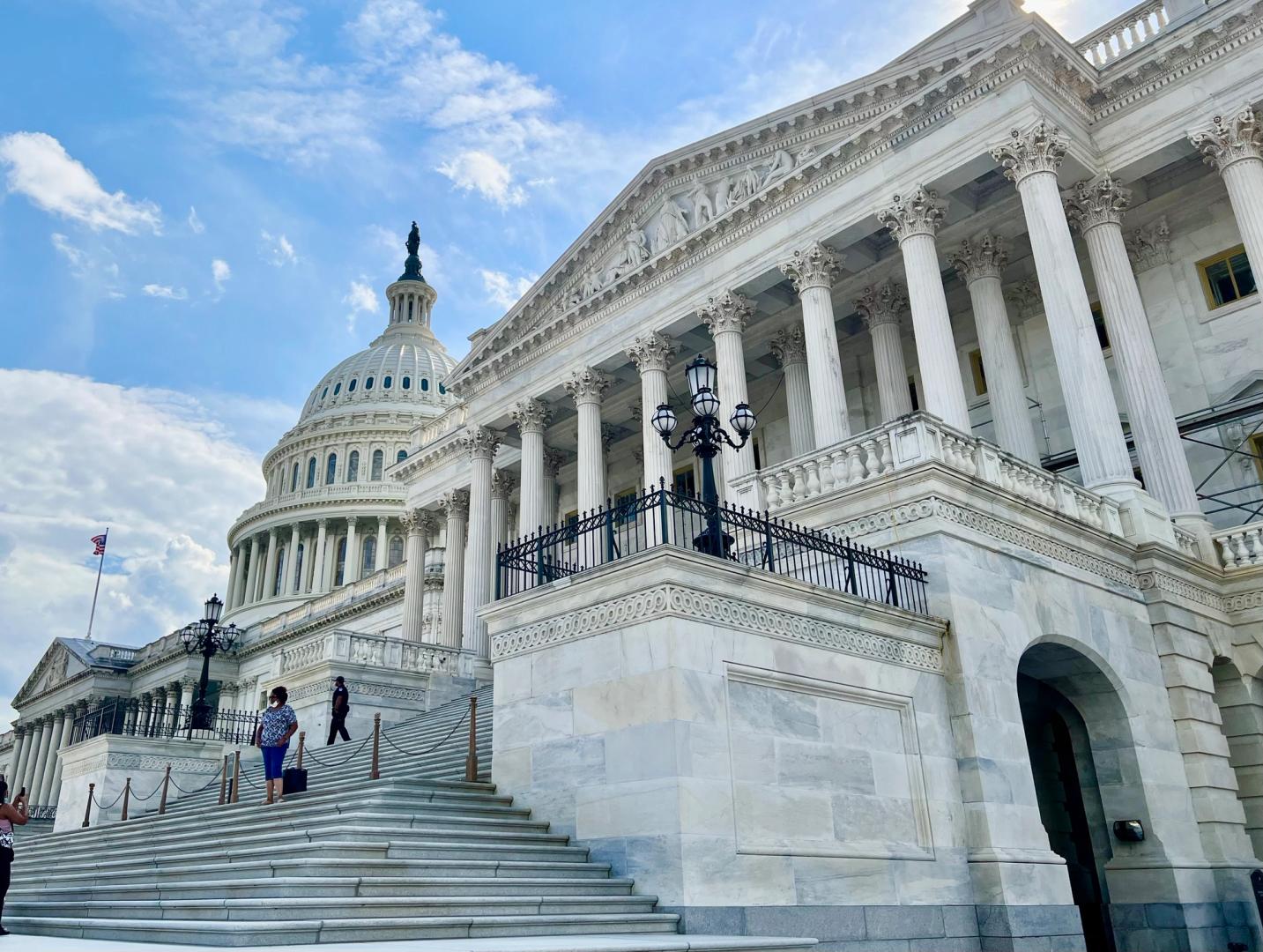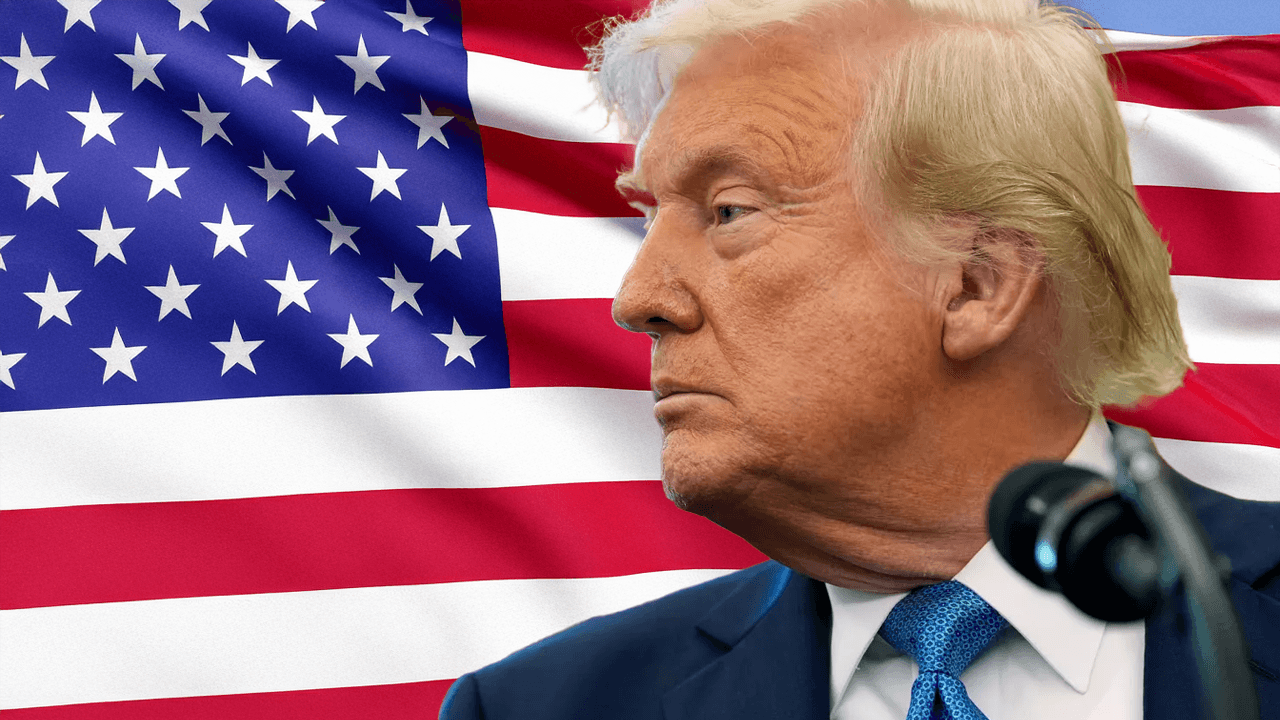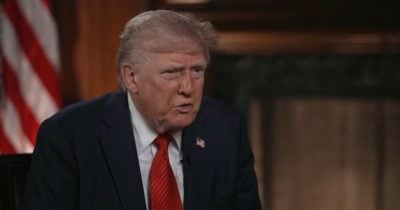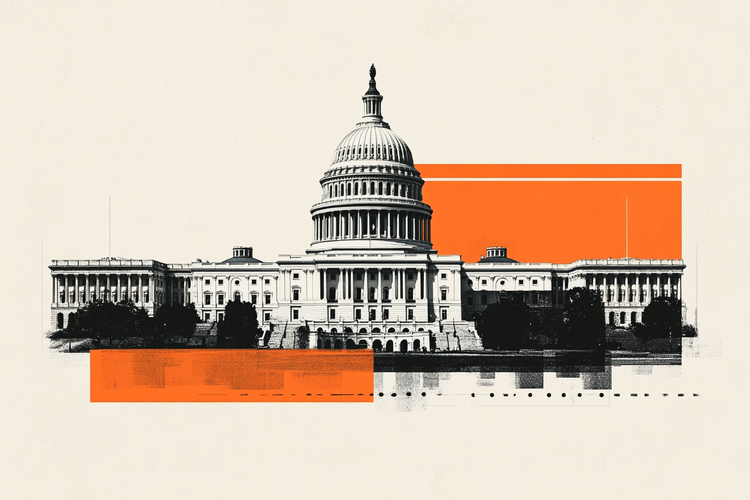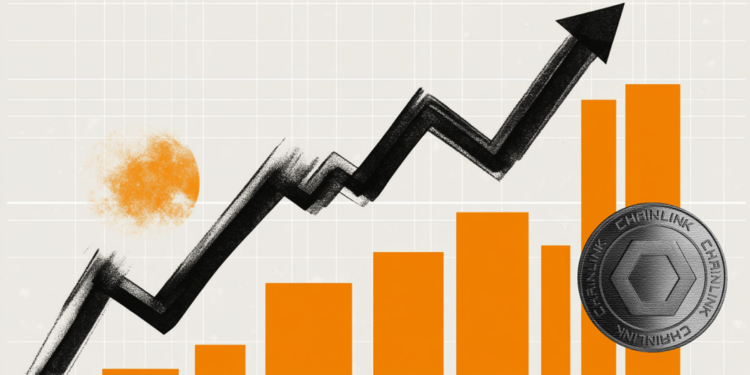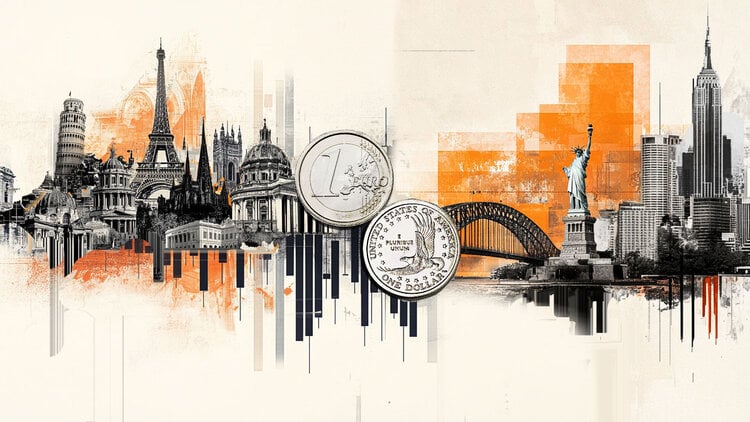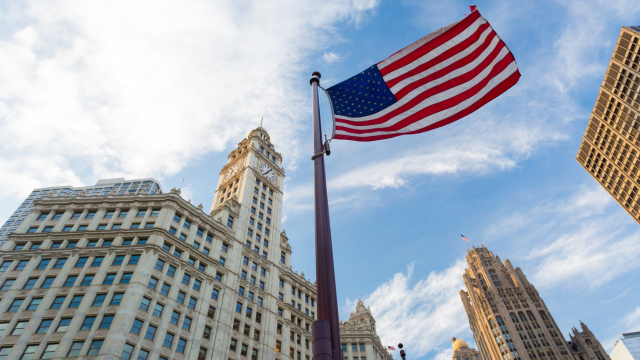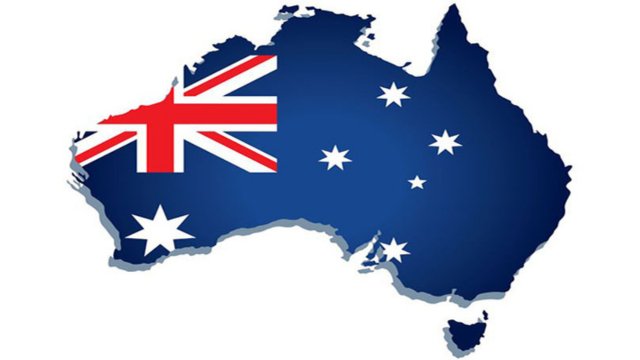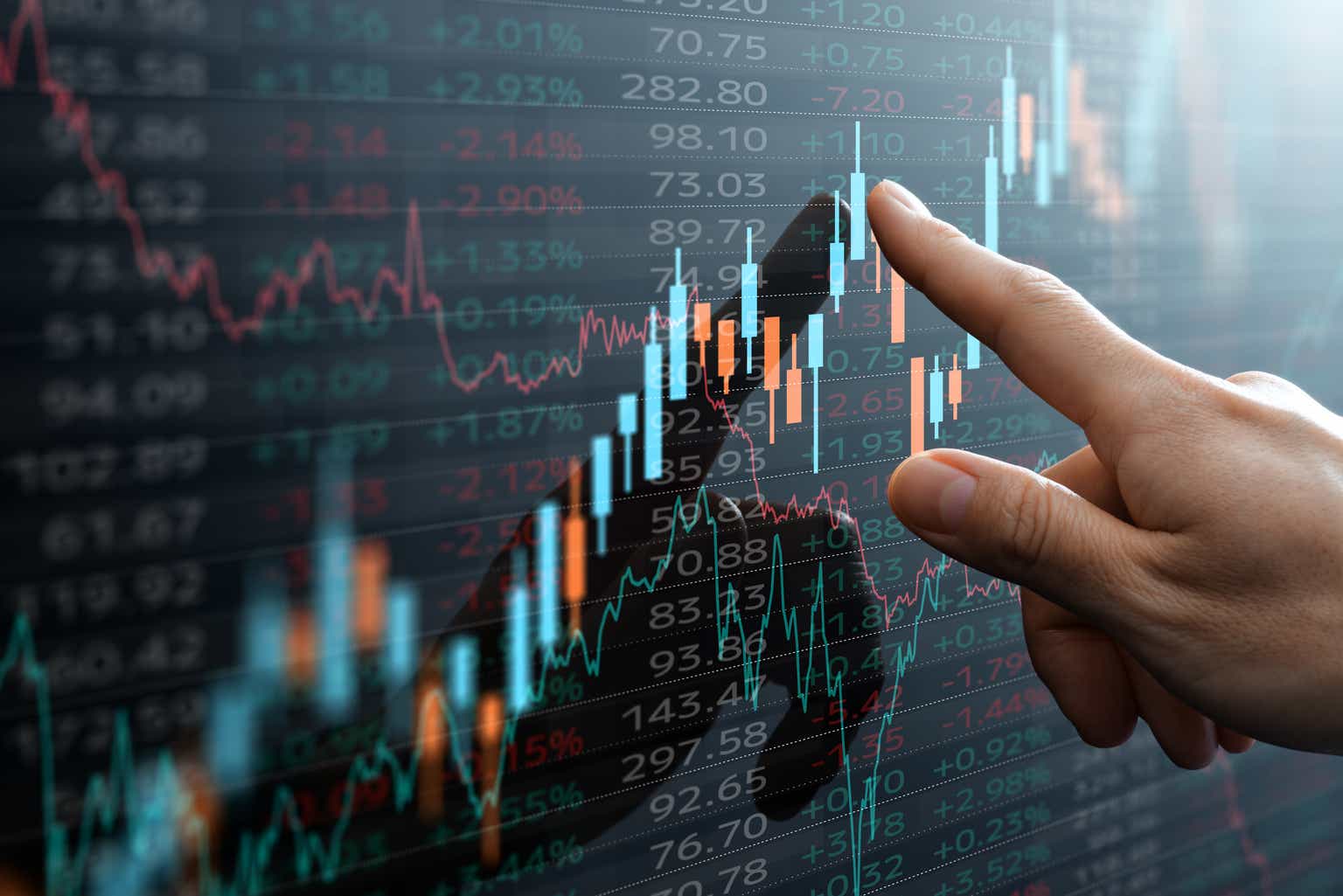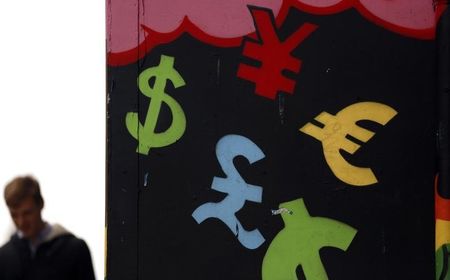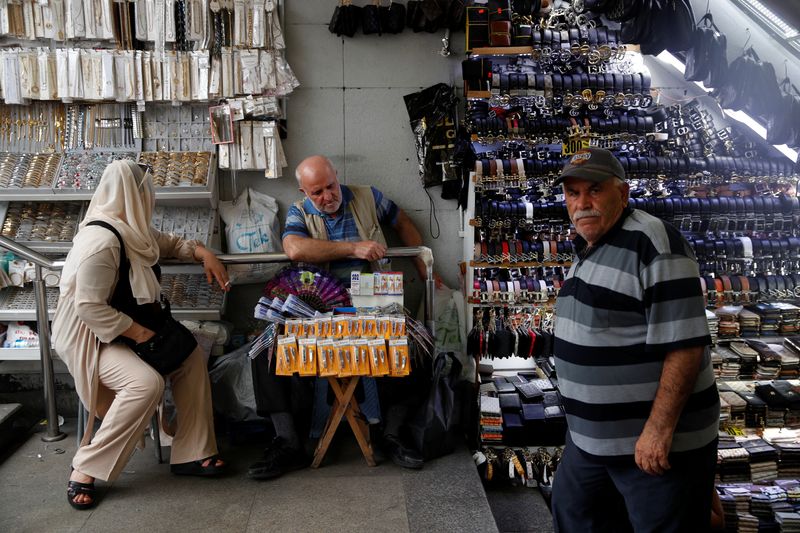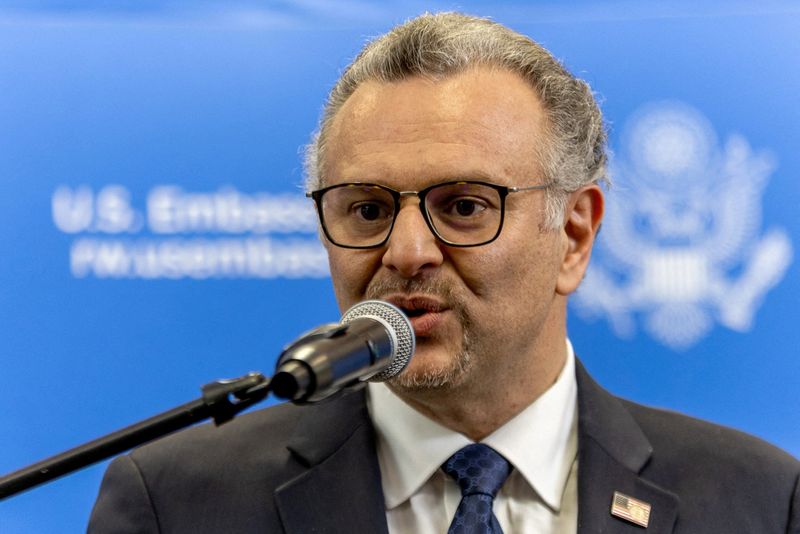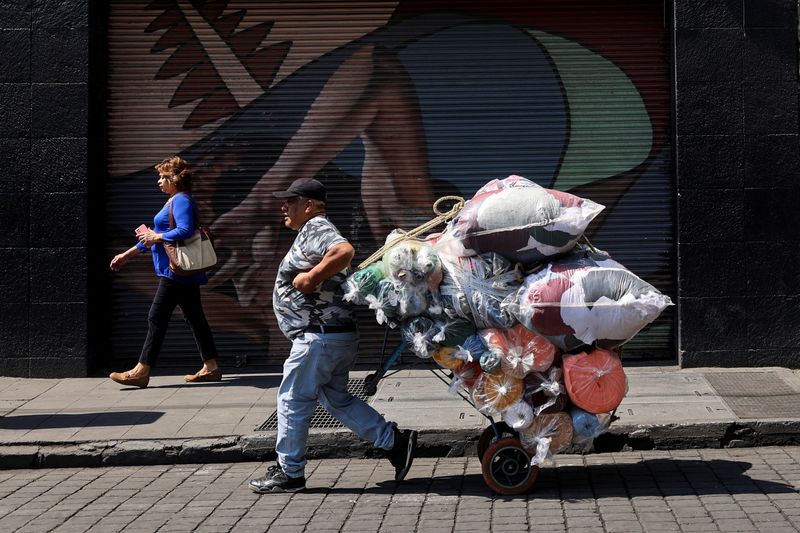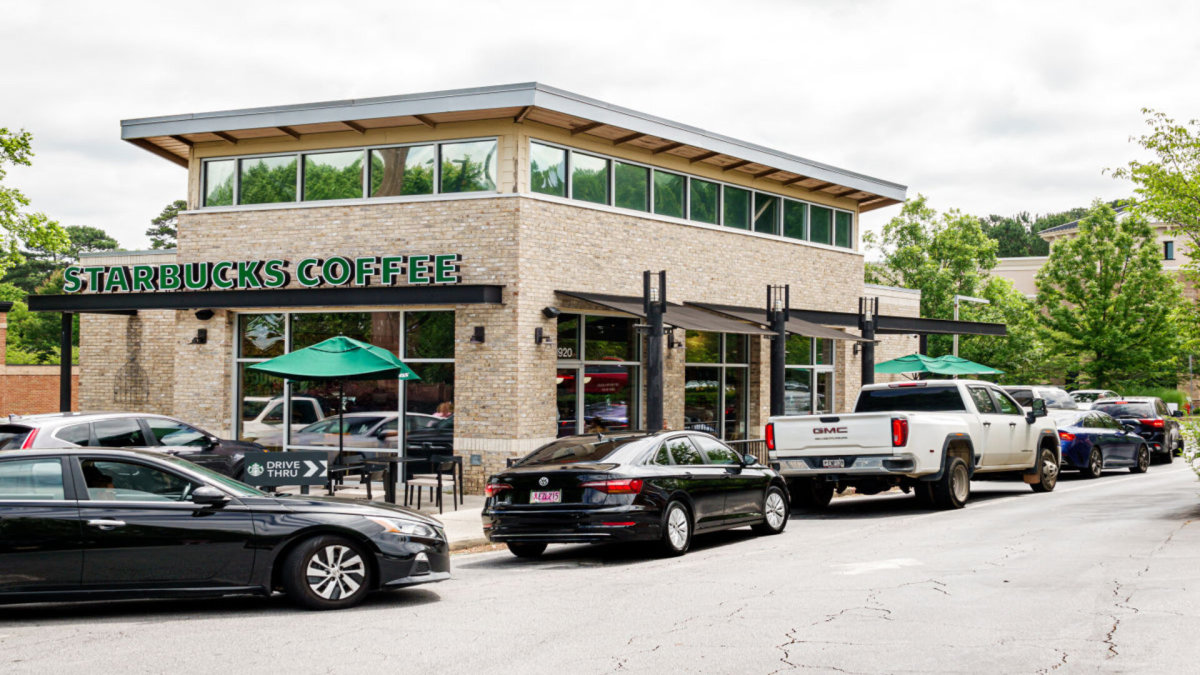Amazon CEO sounds new consumer alarm on tariffs
Andy Jassy believes that his company will benefit from tariffs, which is a mixed blessing for its customers.
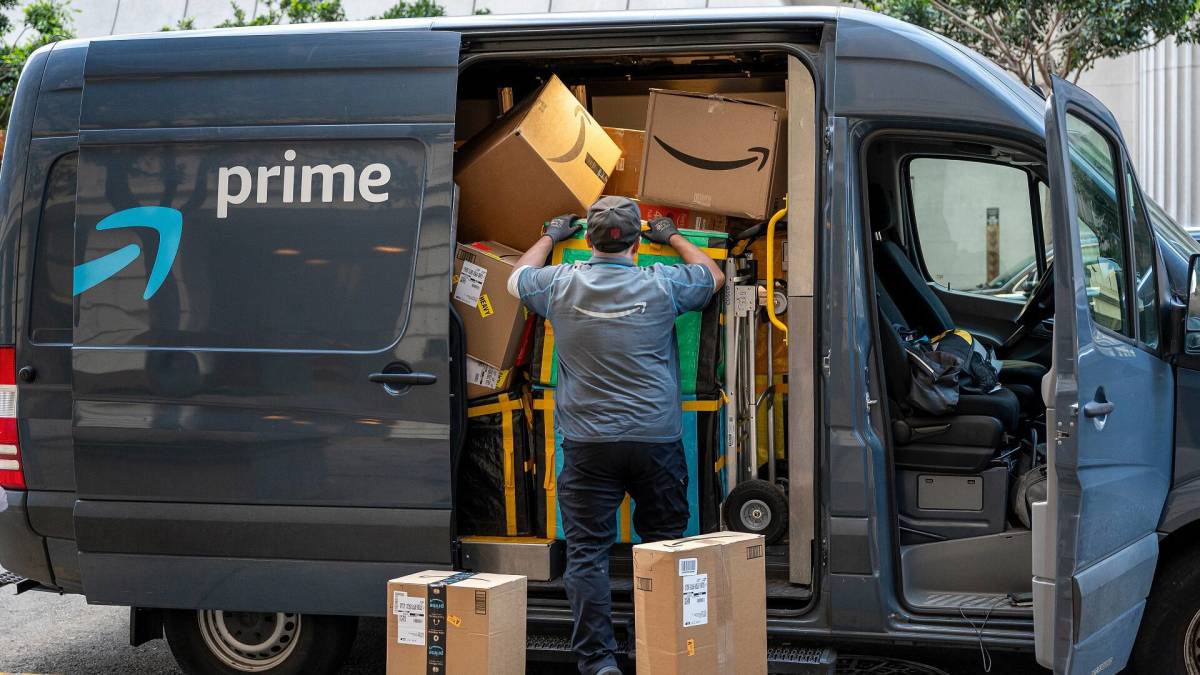
Amazon does a lot of business with China the country being hit the hardest by President Donald Trump's tariffs. That has forced many retailers to both contemplate higher prices and look for alternative suppliers.
Neither of those are new ideas. Both have been good ideas for any retailer since Trump was elected, but neither one happens easily.
Related: Walmart makes drastic decision amid tariff threats
There may be alternative suppliers in countries where tariffs will be lower, but every competing retailer will be trying to reach deals with the same suppliers. That in itself could push prices higher as manufacturers will have leverage to charge more.
Many, if not most, retailers have made it clear that consumers will have to pay for some portion of the tariffs — which are charges added onto the goods which the retailer must pay the U.S. government before taking possession. And, while Trump has insisted that foreign governments will pay the tariffs, that has not been (nor did most people expect it to be) the case.
Don't miss the move: Subscribe to TheStreet's free daily newsletter
Tariffs are a tax on the American consumer and their impact will be felt.
That's something Amazon (AMZN) CEO Andy Jassy addressed at an event on May 1. JD Lasica via Wikimedia Commons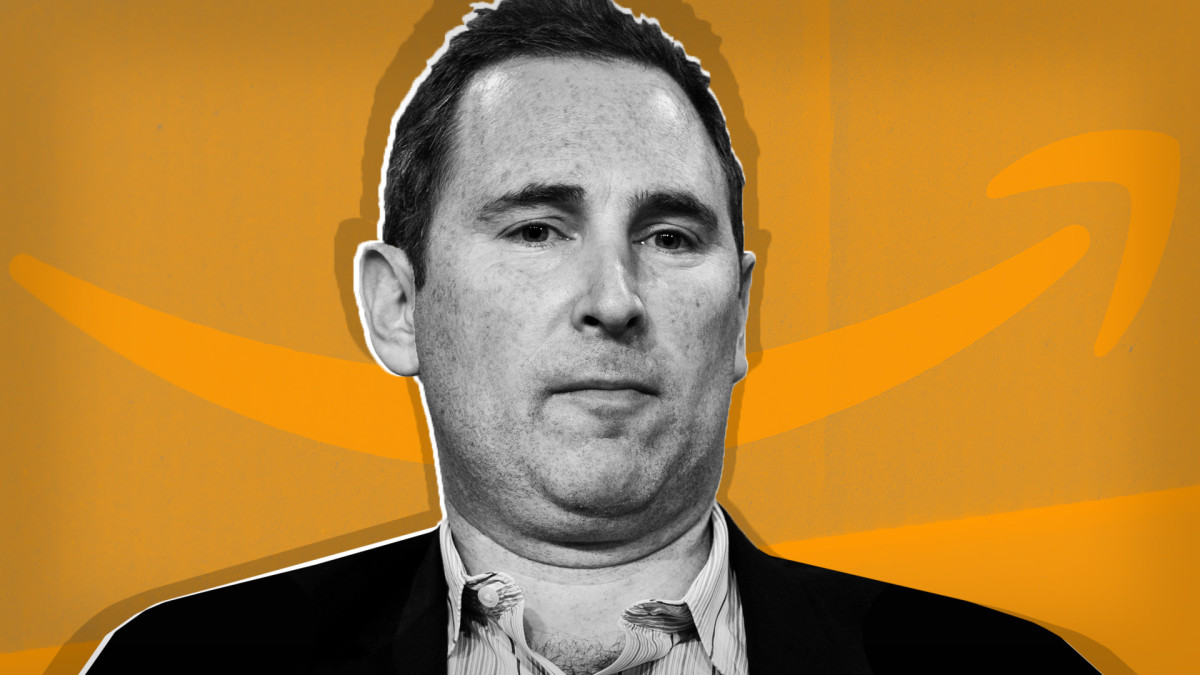
Tariffs will impact Amazon prices
Jassy shared some thoughts on tariffs in a wide-ranging interview. He believes we're only in the early stages of being impacted.
“To some extent, we’ve seen some heightened buying in certain categories that may indicate stocking up in advance of any potential tariff impact,” he said.
The Amazon CEO noted that most vendors had not changed prices yet. He also made it clear that his company is well-positioned to continue to help customers find cheap prices.
“When you have the broadest selection like we do, and 2 million-plus global sellers like we do, you’re better positioned to help customers find whatever items matter to them at lower price points than elsewhere,” he said.
More Retail:
- Walmart CEO sounds alarm on a big problem for customers
- Target makes a change that might scare Walmart, Costco
- Top investor takes firm stance on troubled retail brand
- Walmart and Costco making major change affecting all customers
Jassy did say that he expected prices to increase at rivals that do not have a supply chain and vendor roster as deep as Amazon's. He also shared that he expects some third-party vendors to absorb some of the tariff costs in order to maintain better pricing.
Amazon's CEO sees tariffs as a potential opportunity for his company as he expects rivals to face a bigger impact and have less leverage with vendors. Prices will be higher for consumers, assuming the tariffs are implemented as planned, but Amazon will be in the best position to minimize their impact, seemed to be his core argument.
Amazon sees price as key
Jassy was less direct in speaking about tariff's during Amazon's first-quarter earnings call. He focused on the term "price" rather than the specific reasons prices may rise.
"As always, we're working to keep prices low. And with this being an uncertain moment for consumers, it's even more important than it typically is. In Q1, we held deal events worldwide to help customers save over $500 million across the Big Spring Sale in the U.S. and Canada, Spring Deal Days in Europe, and Ramadan/Eid Sale events in Egypt, Saudi Arabia, Turkey, and UAE," he shared.
The CEO believes that specific savings events have been a massive driver as has the company's efforts to improve delivery.
"Prime members will have more opportunities to save throughout the year including at our eleventh Prime Day event in July. Over the past few years, we've made significant progress in making our fulfillment network more efficient and cost effective," he said.
Related: Warren Buffett sends strong message on stock market drop
That includes making sure items are as close to consumers as possible.
"We've shared many times that an important turning point was regionalizing our national fulfillment network into regional hubs. By stocking items closer to where customers live, we're able to deliver more orders faster often in fewer packages and at lower delivery costs. The next challenge was getting as many items as possible into these regional nodes," he added.





